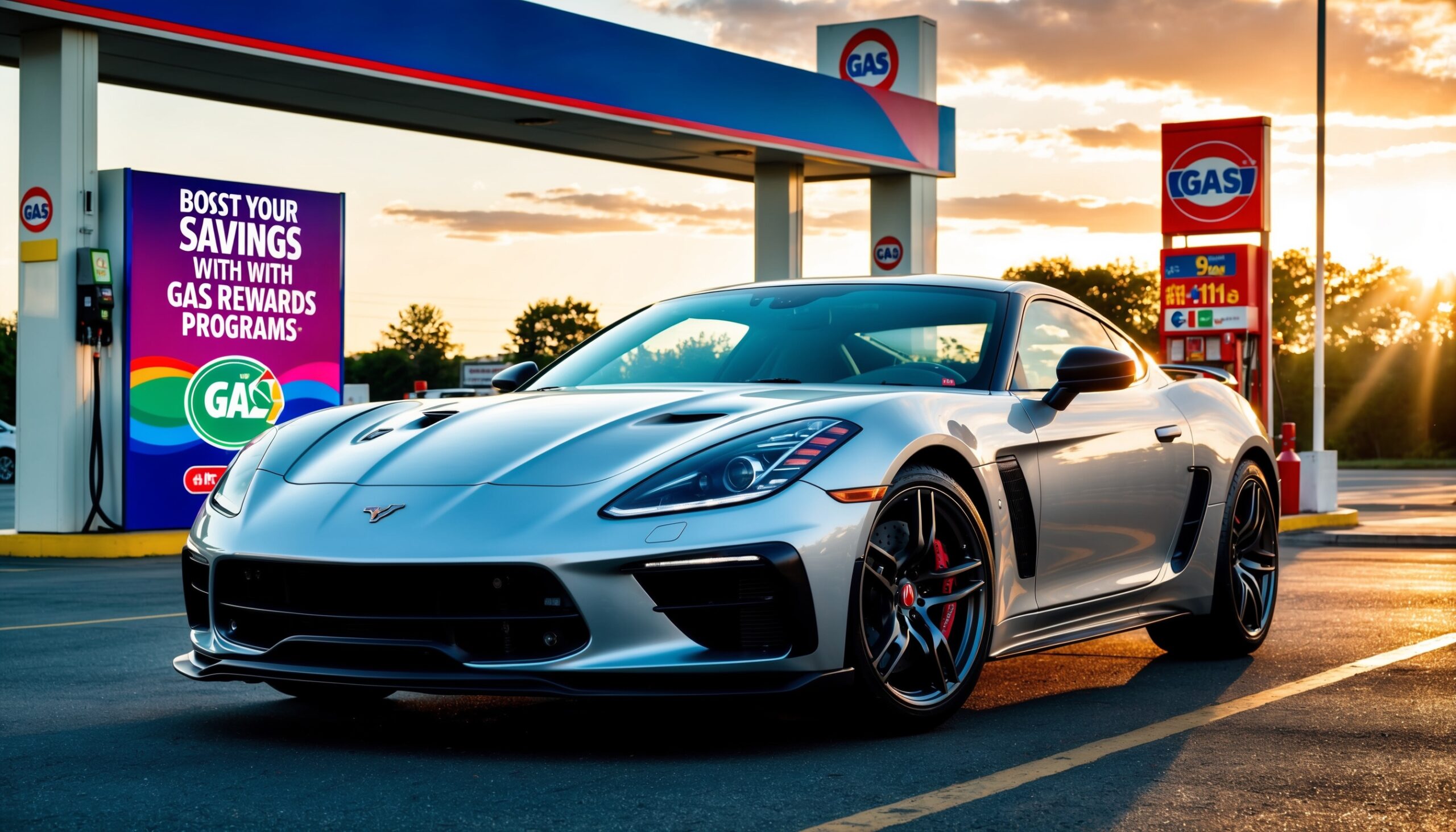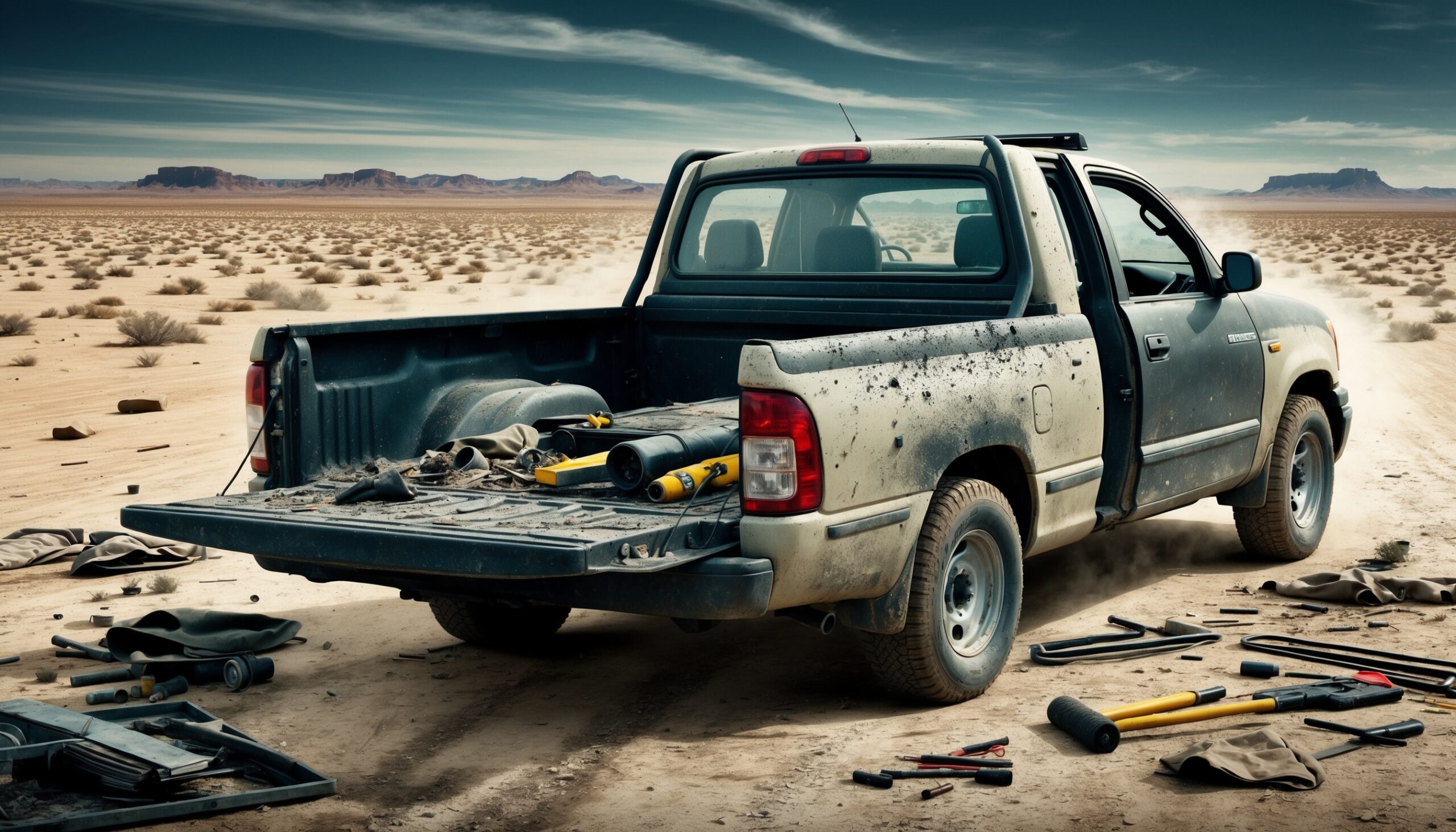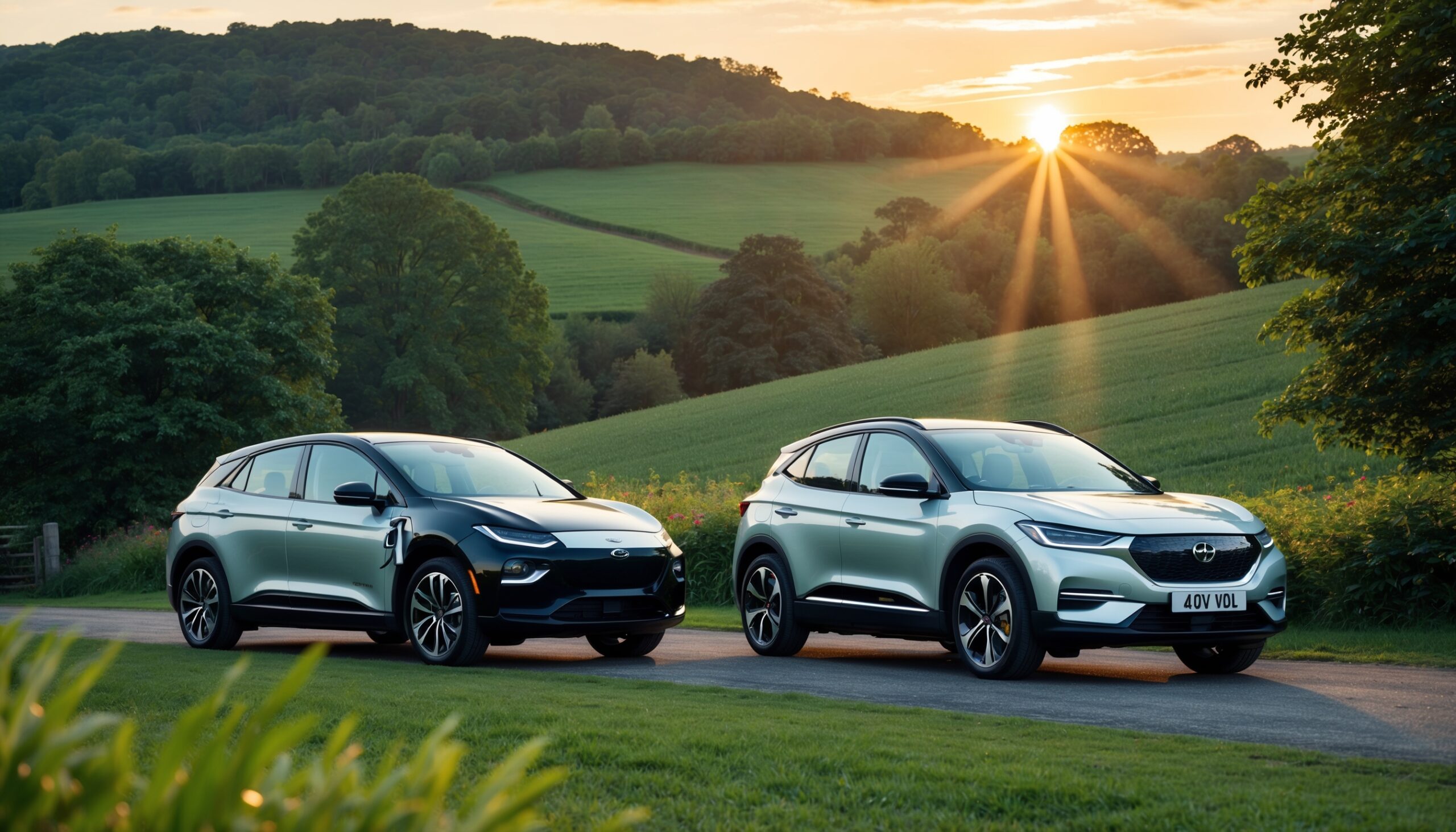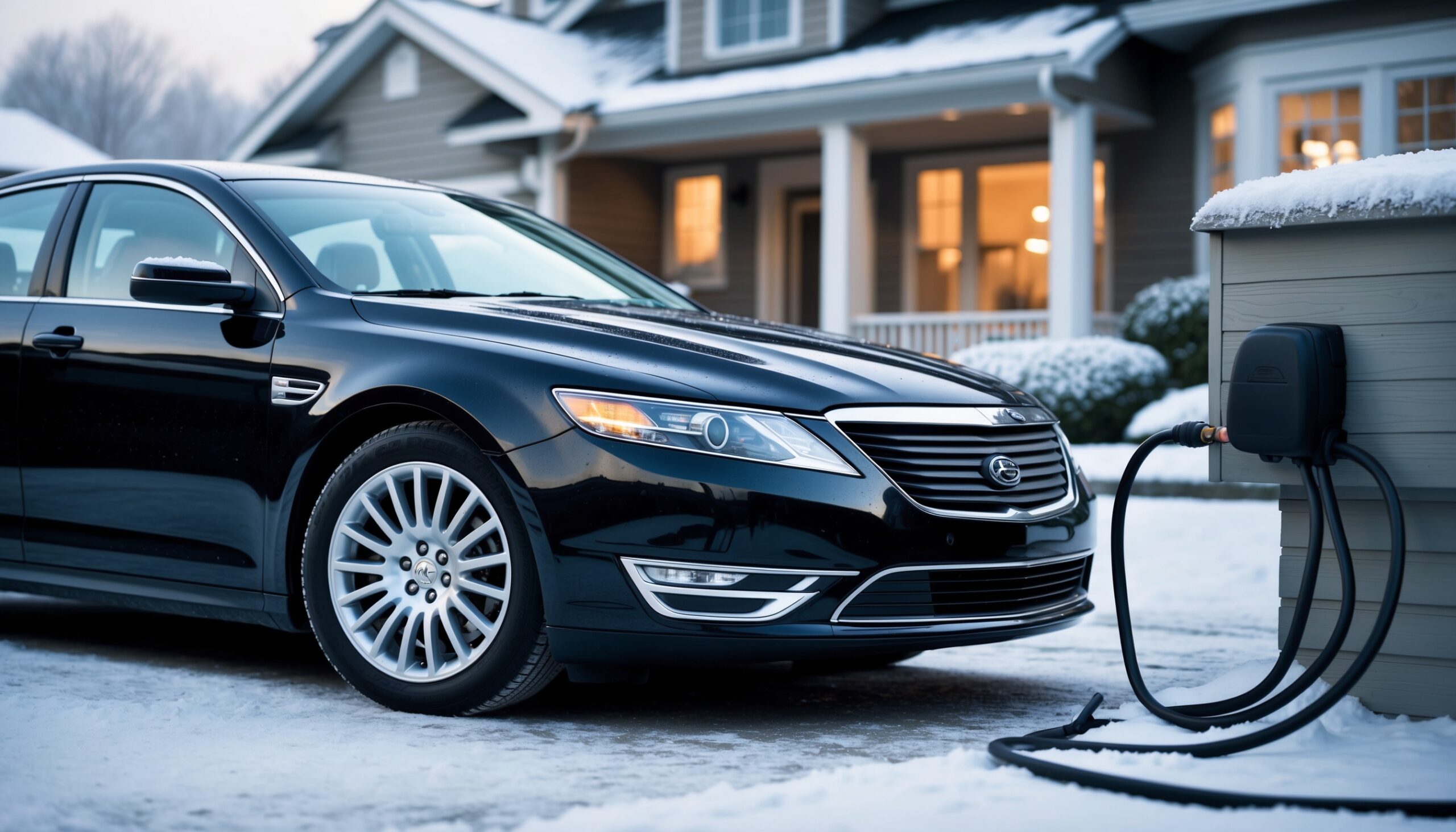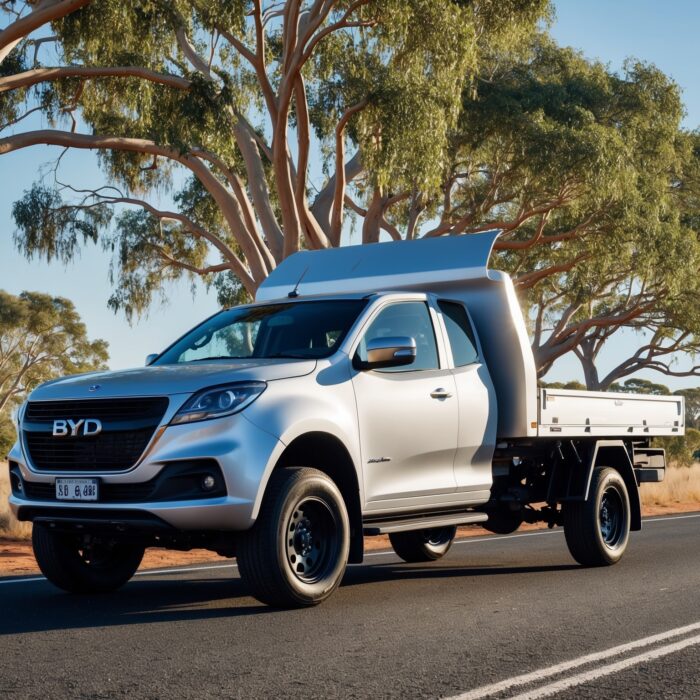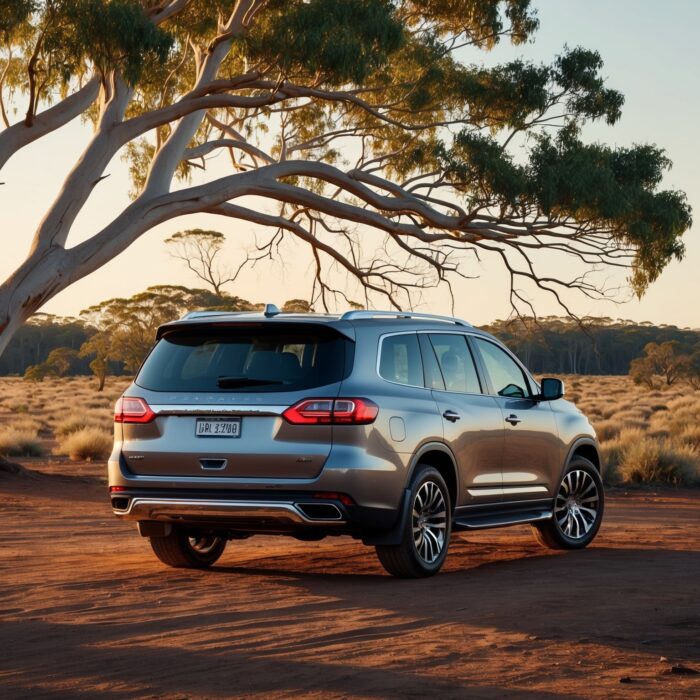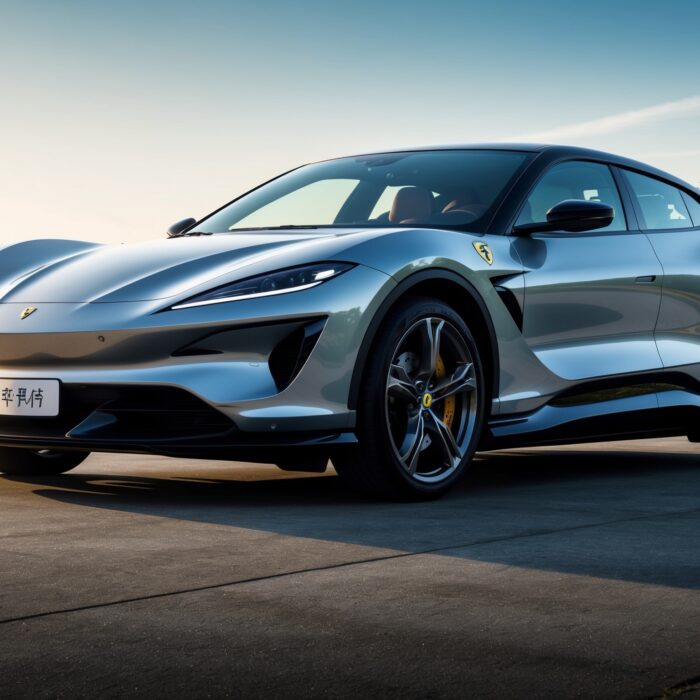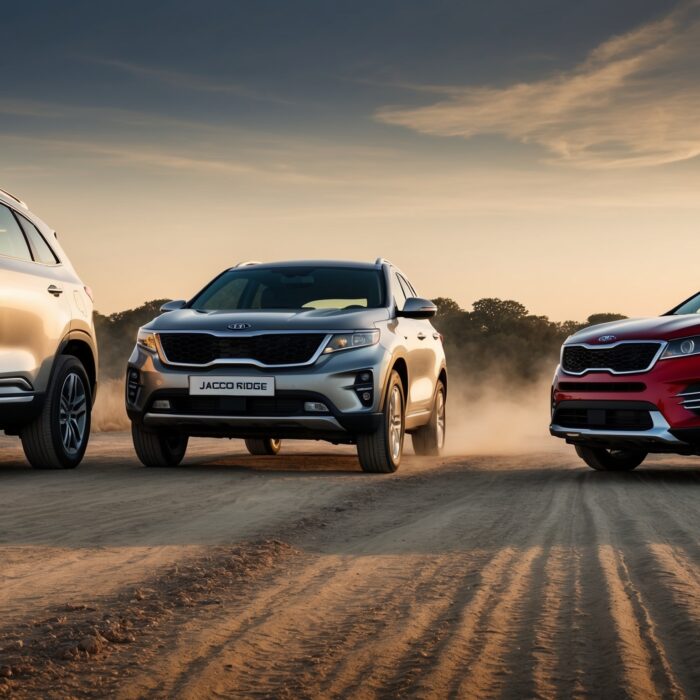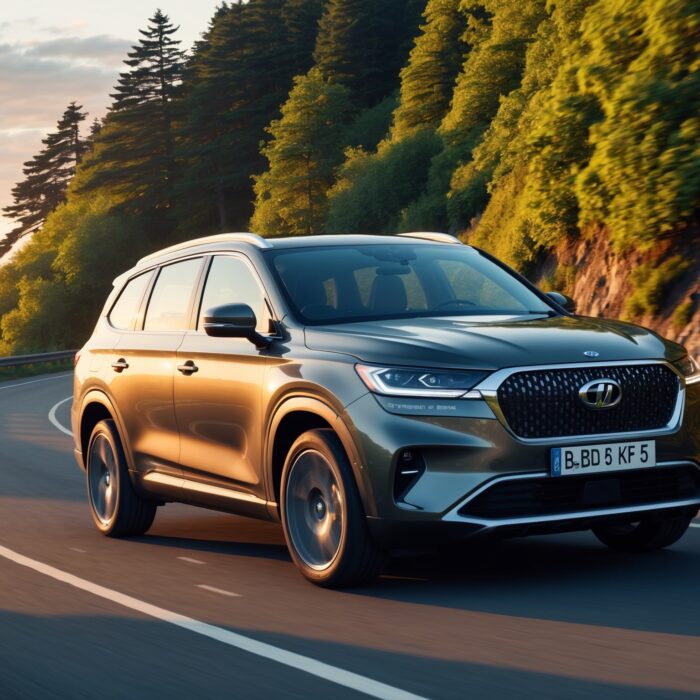Reasons Behind the Closure of Harley-Davidson Dealerships Across the USA
Harley-Davidson has long been synonymous with the spirit of freedom and the open road. However, over the past few years, a troubling trend has emerged: the closure of numerous Harley-Davidson dealerships across the United States. For die-hard enthusiasts and casual riders alike, this news can feel like a gut punch. But what exactly is driving this wave of dealership closures? Let’s dive into the nitty-gritty of the situation and explore the multifaceted reasons behind it.
Also Read: Why Harley-Davidson Dealerships are Closing Nationwide: Unveiling the Reasons
The Changing Landscape of the Motorcycle Industry
The motorcycle industry is in a state of flux, and Harley-Davidson is not immune to the changes sweeping through the market. Several factors contribute to this transformation, and understanding them is crucial for grasping the current state of Harley dealerships.
1. Shifting Consumer Demographics
One of the most significant factors influencing Harley-Davidson dealerships is the changing demographics of motorcycle buyers. Traditionally, Harley appealed to a predominantly older demographic, particularly baby boomers. However, as this generation ages, the motorcycle market is slowly but surely shifting. Younger riders, especially millennials and Gen Z, are becoming more discerning in their purchasing decisions.
- Preference for Alternatives: Younger riders are often drawn to different styles of motorcycles, such as adventure bikes or electric models, which offer a blend of technology and versatility.
- Price Sensitivity: The high price tag associated with many Harley models can deter younger buyers who may be more budget-conscious.
2. Economic Factors
The economy plays a significant role in the health of any industry, and the motorcycle market is no different. Economic downturns, fluctuating fuel prices, and changes in disposable income can all have a direct impact on motorcycle sales.
- Recession Effects: Economic recessions can lead to decreased consumer spending, making it challenging for potential buyers to justify the purchase of a motorcycle.
- Rising Costs: Increases in manufacturing and operational costs can lead dealerships to raise prices or cut back on inventory, which can further alienate potential customers.
3. Competition from Other Brands
Harley-Davidson has faced increased competition from a variety of sources. Other manufacturers have stepped up their game, offering a wide range of motorcycles that cater to different tastes and preferences.
- Emergence of New Brands: Brands like Indian, Triumph, and even newer electric motorcycle companies are capturing the interest of riders who might have previously been loyal to Harley.
- Quality and Value: Many competitors are providing high-quality motorcycles at more competitive prices, making it harder for Harley dealerships to maintain their market share.
Operational Challenges Faced by Dealerships
Aside from external market forces, many Harley-Davidson dealerships are grappling with operational challenges that make it difficult to sustain their businesses.
1. High Overhead Costs
Running a motorcycle dealership involves considerable expense. Rent, utilities, staffing, and inventory can all add up quickly. For many dealerships, particularly those located in urban areas with high real estate costs, maintaining profitability can be difficult.
- Inventory Management: Keeping the right amount of inventory is crucial. Too much unsold stock can lead to financial strain, while too little can result in missed sales opportunities.
- Staff Training: Ensuring that staff are knowledgeable and capable of providing excellent customer service requires ongoing training and investment.
2. Changes in Consumer Buying Behavior
Today’s consumers are more empowered than ever, thanks largely to the internet. This shift has changed how people shop for motorcycles, and dealerships must adapt to stay relevant.
- Online Sales Growth: Many buyers now prefer to shop online, comparing prices and reading reviews before making a purchase. This trend reduces foot traffic in physical dealerships.
- Research Overload: As consumers become more informed, they often enter the dealership knowing exactly what they want, which can limit the opportunities for upselling or engaging customers.

Brand Perception and Loyalty Issues
Brand perception plays a crucial role in consumer choice, and Harley-Davidson has faced some challenges in this area, which can affect dealership performance.
1. Reputation Management
Harley-Davidson has a rich history and a loyal following, but recent years have seen issues that could tarnish its image.
- Quality Concerns: Reports of quality control issues and recalls can damage consumer trust and lead to a decline in sales.
- Changing Brand Identity: As Harley attempts to modernize and attract younger riders, it risks alienating its core customer base, which may feel that the brand is straying too far from its roots.
2. Lack of Innovation
Innovation is key in any industry, but especially in one as varied and competitive as motorcycles. Harley has been criticized for not keeping pace with technological advancements.
- Electric Bikes: While the company has made strides with the LiveWire electric motorcycle, many argue that it isn’t enough. Competitors are rapidly innovating in the electric space, creating models that appeal to environmentally conscious riders.
- Technology Integration: Features like advanced infotainment systems and rider-assistance technology are becoming standard in many new models, and some feel that Harley is lagging behind.
Franchise and Corporate Decisions
Decisions made at the corporate level also have profound impacts on local dealerships. The relationship between Harley-Davidson and its franchisees can be complex and fraught with challenges.
1. Distribution and Supply Chain Issues
Supply chain disruptions can affect the availability of inventory, which can lead to frustration for both customers and dealers.
- Production Delays: Any slowdown in production can lead to a lack of available models, which can hurt sales.
- Parts Availability: If dealerships can’t get the necessary parts to service bikes, it can lead to dissatisfied customers and damaged reputations.
2. Corporate Strategy Changes
Strategic shifts made by Harley-Davidson can impact franchise operations. Whether it’s a new marketing approach or changes in pricing strategy, the effects can ripple throughout the dealer network.
- Franchise Fees: Increasing fees or changing the terms of dealership agreements can place additional pressure on dealers, making it hard for them to operate profitably.
- Focus on Direct-to-Consumer Sales: As Harley explores more direct-to-consumer sales models, traditional dealerships may find themselves squeezed out of the picture.
The Future of Harley-Davidson Dealerships
While the closure of Harley-Davidson dealerships may seem alarming, it’s essential to remember that the motorcycle market is always evolving. Some dealerships are adapting and finding innovative ways to survive in this changing landscape.
1. Embracing Technology
Some dealerships are leveraging technology to enhance the customer experience, from virtual showrooms to online sales platforms. These innovations can help attract a broader audience and keep the brand relevant.
2. Community Engagement
Successful dealerships are often those that engage with their communities. Hosting events, riding clubs, and community outreach can help build a loyal customer base.
Also Read: Why Harley-Davidson Dealerships are Closing Nationwide: Unveiling the Reasons
3. Diversifying Offerings
Many dealerships are diversifying their offerings to include more than just motorcycles. This might mean adding parts and accessories, apparel, or even hosting motorcycle-related events. By expanding their product lines, they can reach a broader audience and increase profitability.
Conclusion
The closure of Harley-Davidson dealerships across the USA is a complex issue driven by a myriad of factors, from changing consumer demographics to economic pressures and brand perception. While the future may seem uncertain, it’s also ripe with opportunity for those willing to adapt and innovate. As car enthusiasts, we must keep our fingers on the pulse of the industry and support the brands that resonate with us, including Harley-Davidson, as they navigate these turbulent waters. At Torque Feed, we’ll continue to keep you informed about the latest trends and insights in the automotive world.

